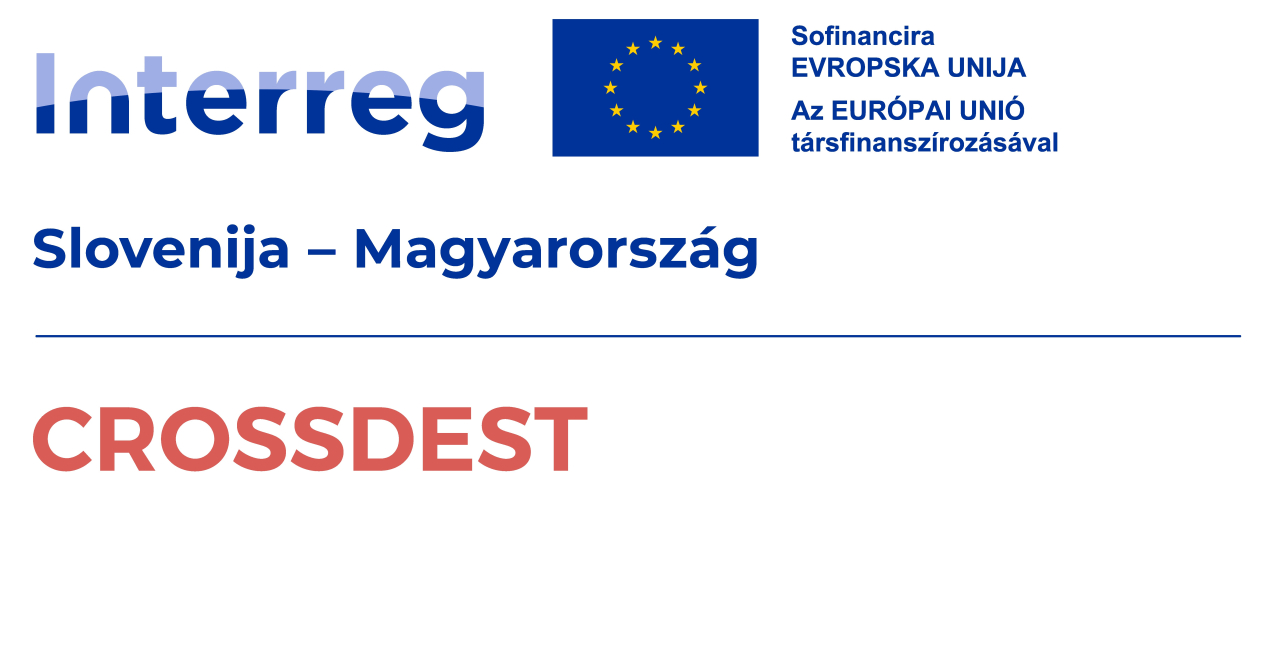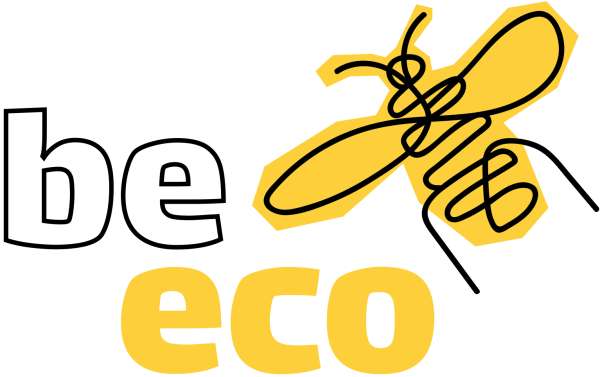-

Photo: Kőrispatak Facebook oldala -

Photo: Kőrispatak Facebook oldala










Kőrispatak
Kőrispatak (in Romanian: Crișeni) is a small Székely village on the western edge of Székelykeresztúr, in Harghita County, nestled in the hilly landscape of the Nagy-Küküllő Valley. The village is widely known for its straw hat-making tradition, which dates back centuries. The Straw Hat Museum is the most famous attraction in the area, where visitors can admire hats of various sizes and shapes, and also get a glimpse into the techniques of weaving, pressing, and decorating. The museum's Guinness World Record piece, a giant hat with a diameter of over 2.5 metres, symbolically represents the unity of the community. Kőrispatak is a small, tranquil settlement where most locals still engage in agriculture, animal husbandry, and handicrafts. Traditional Székely homesteads often produce homemade cheese, jam, honey, or pálinka, which visitors can purchase directly from the producers. Surrounded by hills, pastures, and wooded areas, the village offers excellent opportunities for peaceful rural relaxation, gentle hiking, or experiencing traditional countryside life. The nearby town of Székelykeresztúr also provides cultural attractions (Petőfi Memorial Site, Molnár István Museum) that are easily accessible. Accommodation options include a few guesthouses and rural inns, offering rooms in a friendly environment, often complemented by homemade breakfasts and local flavours. Kőrispatak is a place where the whole world of a small village fits under a straw hat – simple, preserving traditions, and surprisingly inspiring. - editorial content -
Getting there
- Walk
- Horseback
- Bike
- Electric bicycle
- Bus (rented for the trip)
- Bus (rented for the trip)
- Motorcycle
- Car
- Electric car
Arrival
- Walk
- Horseback
- Bike
- Electric bicycle
- Bus (rented for the trip)
- Motorcycle
- Car
Sights, programs
Public transport
- bus
Parking information
- Free outdoor parking available
Sustainability level
Topic 1: Destination Management 56%
- Visitor management: 80%
- Commitment and organization: 0%
- Design & development: 50%
- Monitoring and reporting: 50%
- Legal and ethical compliance: 100%
Topic 2: Nature and landscape 100%
- Nature and wildlife protection: 100%
- Nature and conservation: 100%
Topic 3: Environment and climate 43%
- Land use and pollution: 67%
- Water management: 40%
- Energy, sustainable mobility and climate change: 0%
- Adaptation to climate change: 50%
- Waste and recycling: 60%
Topic 4: Culture and traditions 100%
- Cultural heritage: 100%
- People and traditions: 100%
Topic 5: Social Welfare 43%
- Health and safety: 100%
- Local economy: 20%
- Socio-economic impacts: 0%
- Community participation: 25%
- Human dignity: 71%
Topic 6: Business and Communication 61%
- Business participation: 22%
- Information and marketing: 100%



